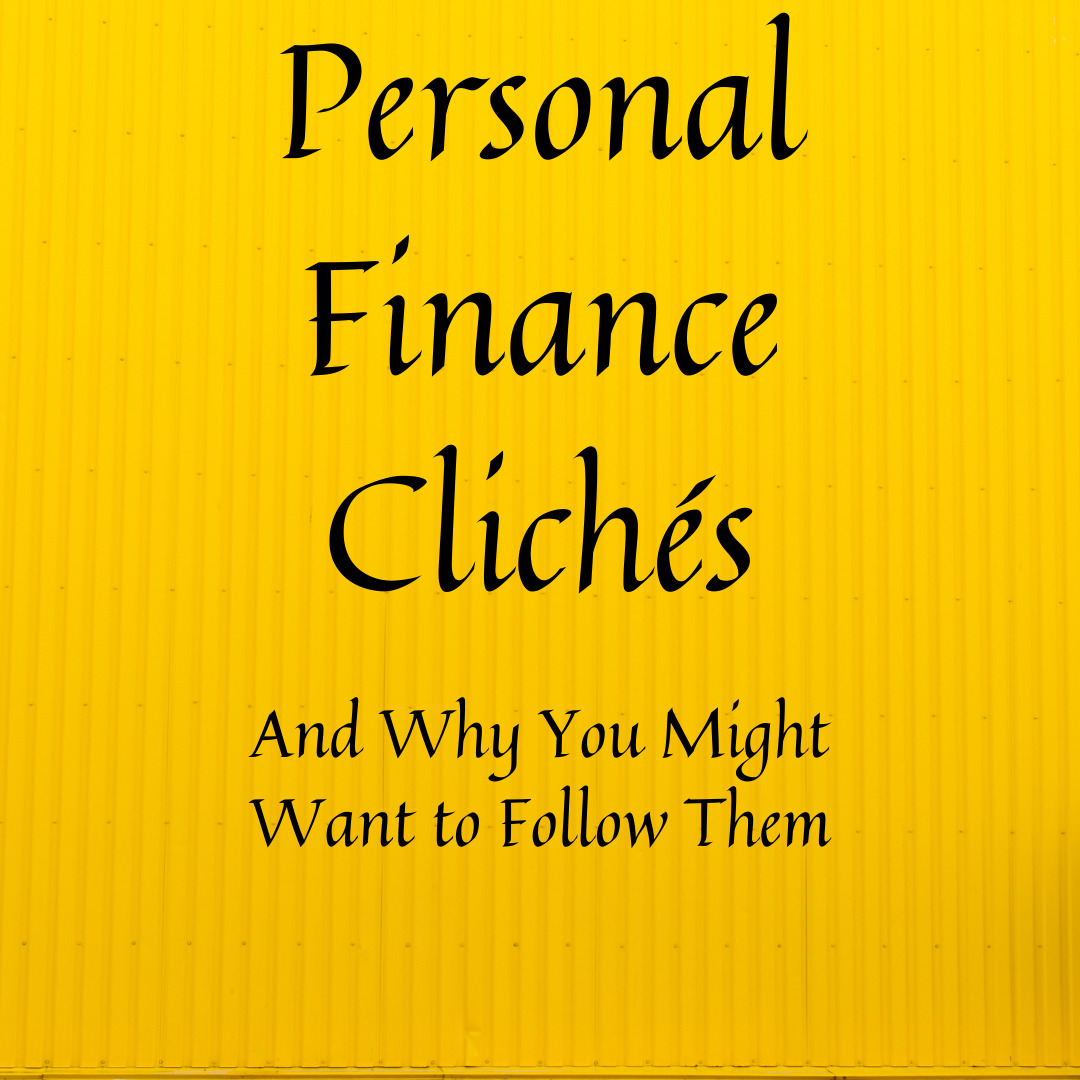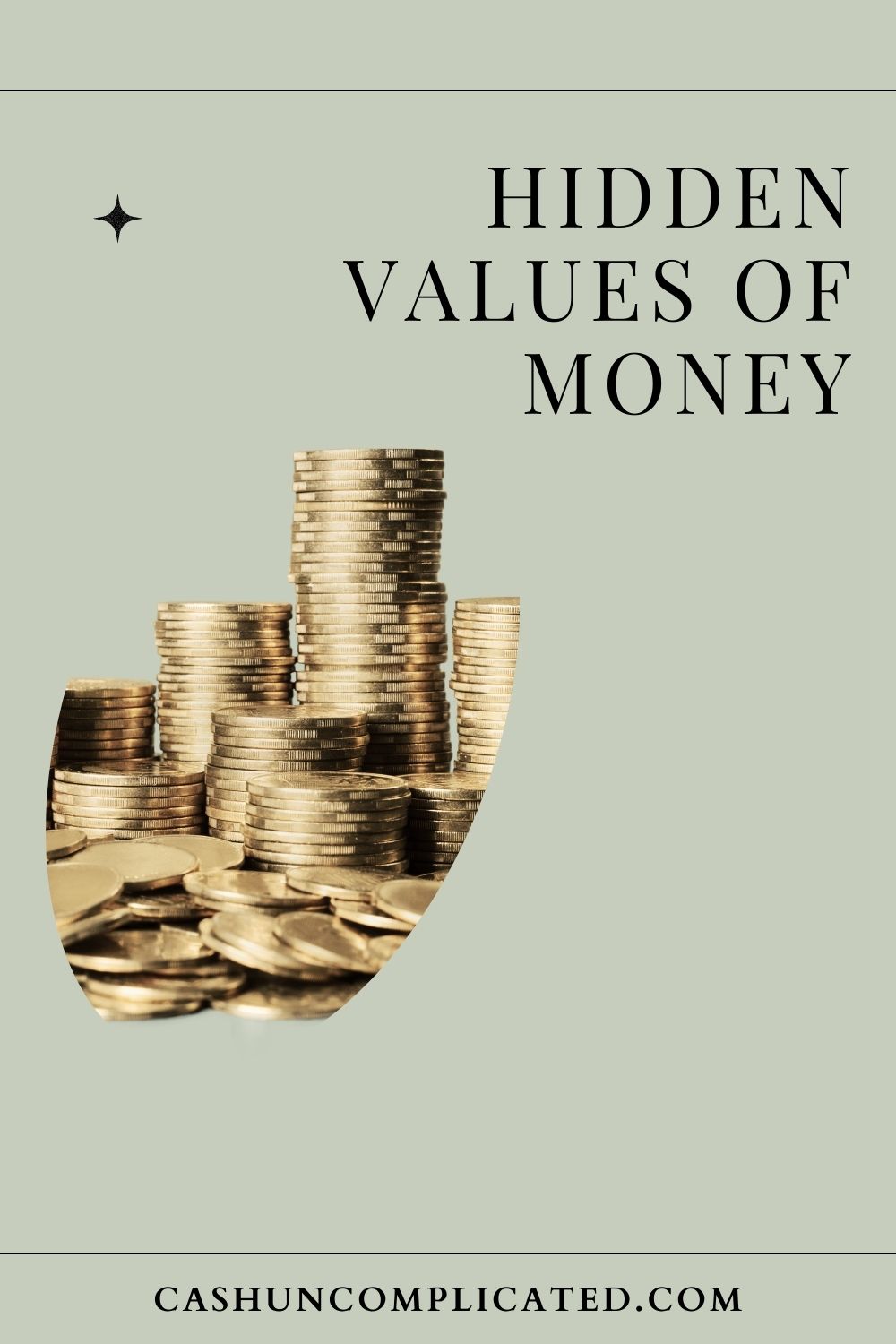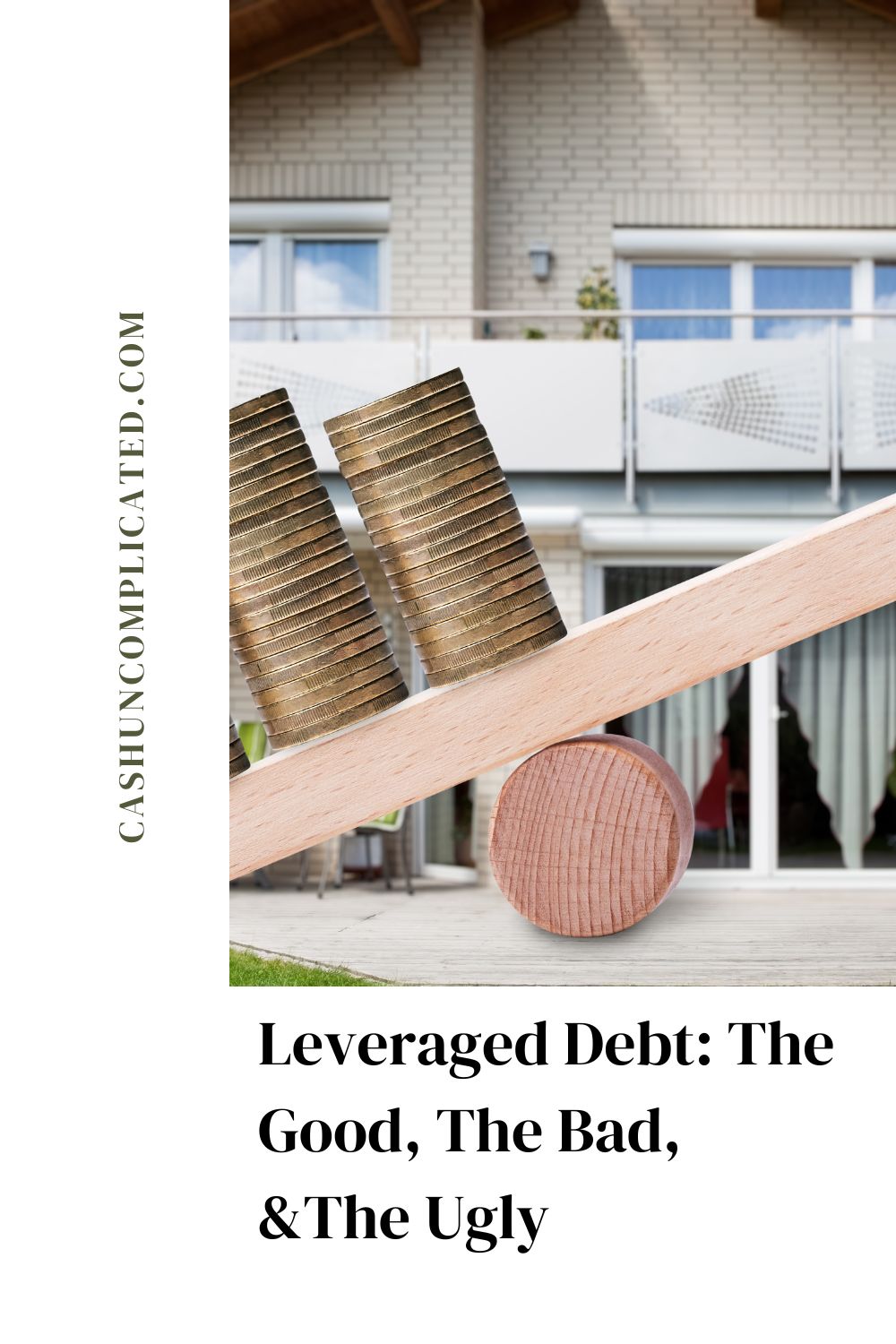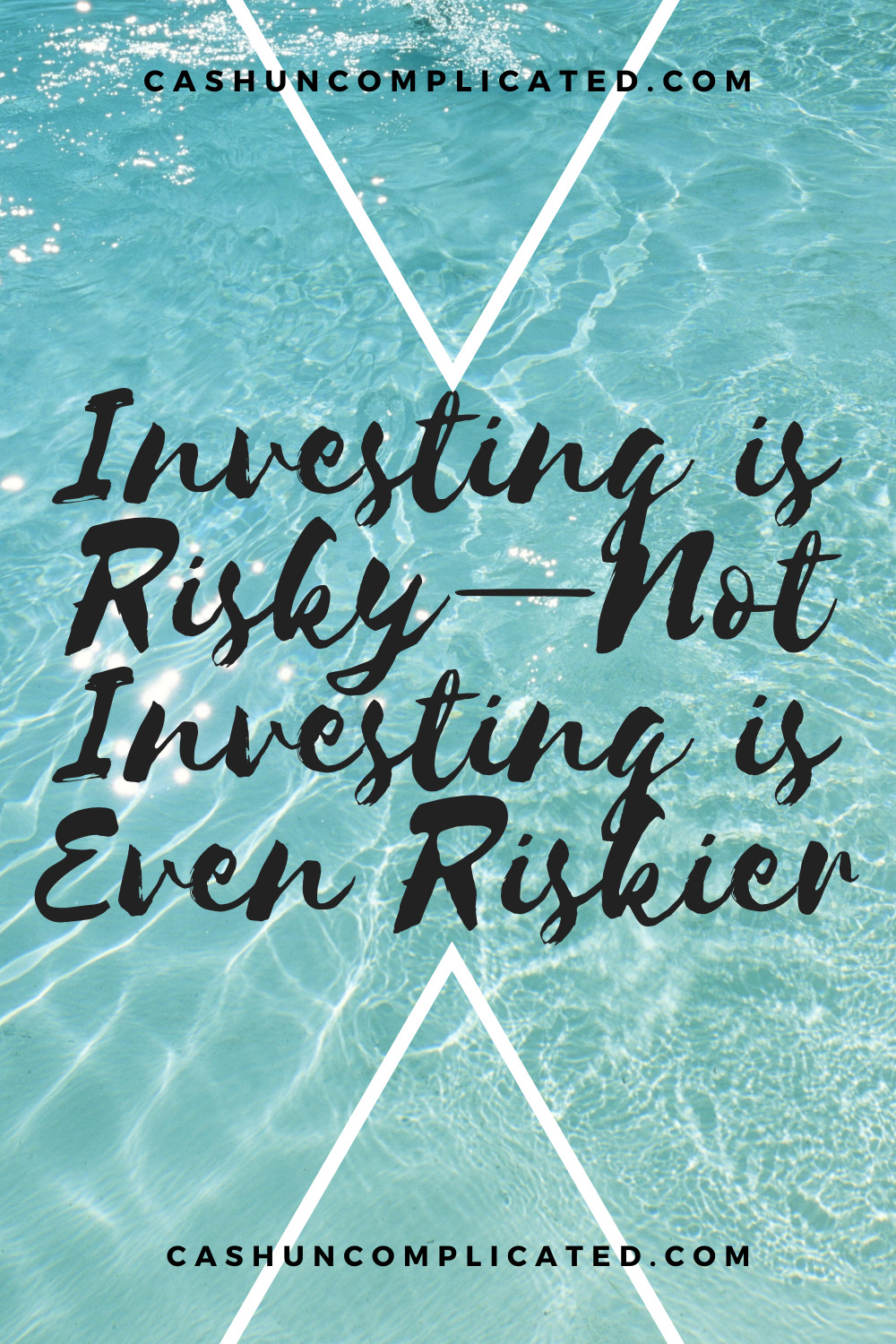Those of us who watch sports know are a lot of clichés. If you listen to an athlete interviewed before or after a game, you’ll hear a lot of the same things:
- “We’re taking it one game at a time.”
- “I’m just going pitch by pitch.”
- “We have to execute and play our game.”
- “Taking it one throw at a time.”
- “One play at a time.”
- “We need to keep our foot on the gas pedal.”
- “Gave it 100 percent.”
These clichés can seem redundant and a little silly sometimes. Especially when an athlete uses the same cliché game after game. There’s a reason for clichés though, and that’s because there is a lot of truth to them.
Although a quarterback is expected to know and follow the game plan, his performance ultimately boils down to how he executes each and every play. Are the handoffs timed correctly, are the throws crisp and accurate, is he making the correct reads?
Same with a point guard in basketball. Is she calling the right play, is there a fast break opportunity she can take advantage of after securing the outlet pass? Is there someone open on the wing she can get the ball to quickly for an open three pointer?
Like in sports, there are a lot of clichés in personal finance. And just like in sports, there are reasons these clichés exist in the first place—because a lot of them are true and hold a lot of value.
- Pay yourself first
- Avoid consumer debt
- Pay cash for cars and keep them longer
- Think before you spend
- Skip the $4 coffee
- Don’t impulse shop
These are just a few of the clichés you hear in personal finance, but of course there are a lot more. I’ll go over a few of them in more detail to show how they can help you.
Pay Yourself First
I hear a lot of personal finance experts say this. I say it too in my blog and in my book. Paying yourself first ensures that you put money towards your future. It’s a way to prioritize your paycheck so that you are investing for your future before anything else.
The idea is that when you pay yourself first, you’ll find a way to cover the other expenses. But if you don’t pay yourself first, it’s easy to let all your money go to expenses and other items. Warren Buffett succinctly sums it up when he says: “Do not save what is left after spending, but spend what is left after saving.”
Here are the numbers about why it’s so important to pay yourself first. If a family makes a combined $5,000 per month after taxes and commits to paying themselves first (10 percent or more of their income), they will be contributing $500 per month to their investments at minimum. Compounded at a 10 percent rate of return over a 10-year period, that money balloons to $95,625. Over 20 years that money compounds to $343,650. Over 30 years it becomes an astounding $986,964.
That’s almost a million dollars for a middle class family committed to investing 10 percent of their income. No lottery winnings, no hitting it big in the stock market, just consistent paying yourself first over the long term.
A family with the same salary who invests 15 percent of their income, or $750 per month, would have $1,480,446 after 30 years. That’s almost 1.5 million dollars just by that family paying themselves first.
Avoid Consumer Debt
Paying yourself first allows money to compound for you. Getting into consumer debt means compounding is working against you. Consumer debt is a thief of your money.
For someone with even $5,000 in credit card debt, they are paying astronomical amounts in interest to the bank. Considers these numbers:
- Credit card balance: $5,000
- Interest rate: 15%
- Monthly payments: $200
- Months to pay off: 31
- Total interest paid to credit card company: $1,032
These numbers are assuming there is no additional money being put on the credit card (which is unlikely). Even with that, the consumer is paying $1,032 to the bank over 31 months.
For someone in more credit card debt than the above example, the numbers are substantially worse:
- Credit card balance: $10,000
- Interest rate: 15%
- Monthly payments: $400
- Months to pay off: 31
- Total interest paid to credit card company: $2,065
In other words, this person with $10,000 in credit card debt has to pay the bank $400 per month for 31 months just to break even. Even worse, they are paying the bank over 2,000 dollars during this time just for the privilege of borrowing money!
Pay Cash for Cars and Keep Them Longer
I write about this in detail in my book. In fact, I’ve got a whole chapter dedicated to cars in general. Paying cash for cars will propel your personal finances to new heights. Here’s why.
A car payment is usually a very high monthly expense. If you can eliminate that expense, you gain an influx of cash for the month. According to this recent article on creditkarma.com, the average car payment for a new car in 2020 was $568 for almost six full years. In the same article, the average car payment for a used car in 2020 was $397 for a little under five and a half years.
For a family with two cars, that’s $1,136 for new cars and $794 for used cars per month.
Contrast that to someone who puts $300 per month in a standard savings account to save for their next car at a very modest half a percent interest rate. At the end of six years, that person would have $21,872. Without paying any interest to the bank. That’s more than enough for a high quality used car.
Psychologically, it’s easier to make payments than pay a lump sum for a car. If you’ve saved up $21,872 over six years for a car, you’re not likely to go over that amount because your budget is embedded in the amount of money you saved up. $21,872 is the hard cap because you’re paying cash.
However, if you’re financing, you don’t have that hard cap. People are amazing at finding a way to “stretch” their monthly payments for something they want. Car payments allow for a lot of rationalization.
- “This model gets better gas mileage so I’m willing to stretch it out to $550 per month.”
- “This car gets great reviews so it’ll last longer. I’ll willing to up my monthly payment to $525 for this one.”
- “I love this car! I can’t see myself ever selling it! It’s worth the extra $100 per month.”
- “I only wanted to spend $450 per month but I can afford $600 for this car because it’s built so solidly.”
Paying cash has almost the opposite effect. It’s unlikely that someone paying cash is going to get a new car every six years just because they have the money for it. If it’s taken you six years to save up $21,872 are you really going to run out and buy a car as soon as the six years are up?
More than likely someone who has saved this kind of money is going to keep their car as long as reasonably possible. And the longer someone keeps their car, the longer the more they will be able to save and invest. Which makes a big difference every month.
Someone who keeps their car ten years has a four-year time period with no payments. Keep the car longer and the time period extends. Someone who stretches it out to 15 years has a 9-year time window with no payments. That’s tens of thousands of dollars.
Skip the $4 Coffee
This is a cliché I hear all the time. It’s also one of the most misinterpreted ones out there. Skipping the $4 coffee isn’t just about coffee—it’s really about mindless and wasteful spending. The $4 coffee is simply a common way that people mindlessly spend, so much so that it’s become a symbol of sorts.
The “$4 coffee” can be daily runs to the fast food restaurant across the street, afternoon trips to the vending machine at work, grabbing a pastry mid-morning at the food truck, avocado toast at the café by your house, grabbing a couple candy bars in the checkout line at the grocery store, and much more.
We as humans easily get into routines and habits. It’s incredibly easy to get into the routine of walking down to the food cart every morning to grab a pastry. We do it because we did it yesterday, the day before that, last week, and last month. As I write in my book, it’s mindless and costly.
With a little thought and intentionality, it’s just as easy to just bring a snack from home for pennies on the dollar. You can also make your own coffee at home for a tenth of the cost. Same for afternoon trips to the vending machine—it’s a fraction of the cost to bring a snack from home instead of grabbing something from the machine.
Whether it’s coffee, or something else, these costs add up. Doing a little quick math, if coffee costs $4 to order out, and 40 cents to make, that’s a difference of $3.60. That number multiplied by five days a week at work equals $18. Definitely not enough to retire early but it’s a little bit of money. $18 across 52 weeks equals $936. That’s almost a thousand dollars!
If it’s all the same to you, and you’re ordering coffee just out of habit, it seems to me that a small tweak in your day is worth almost a thousand dollars a year. The same applies for the other examples.
The question we all should be asking ourselves is not what we can skimp on or deprive ourselves of. The question should be: What am I mindlessly spending on than I can easily eliminate?
For you, it may be coffee, trips to the food cart, afternoon snacks from the vending machine, impulse online shopping, or something entirely different. If you discover that you are guilty of mindless spending, simply change the behavior and enjoy the extra money on something you really do want.








